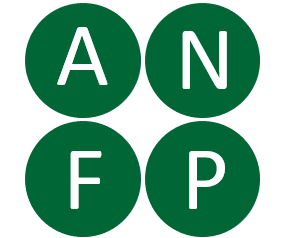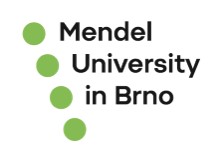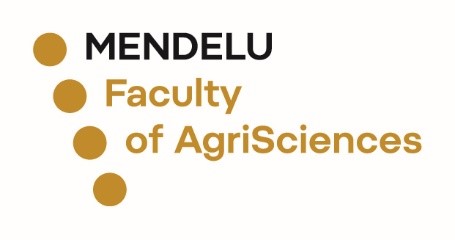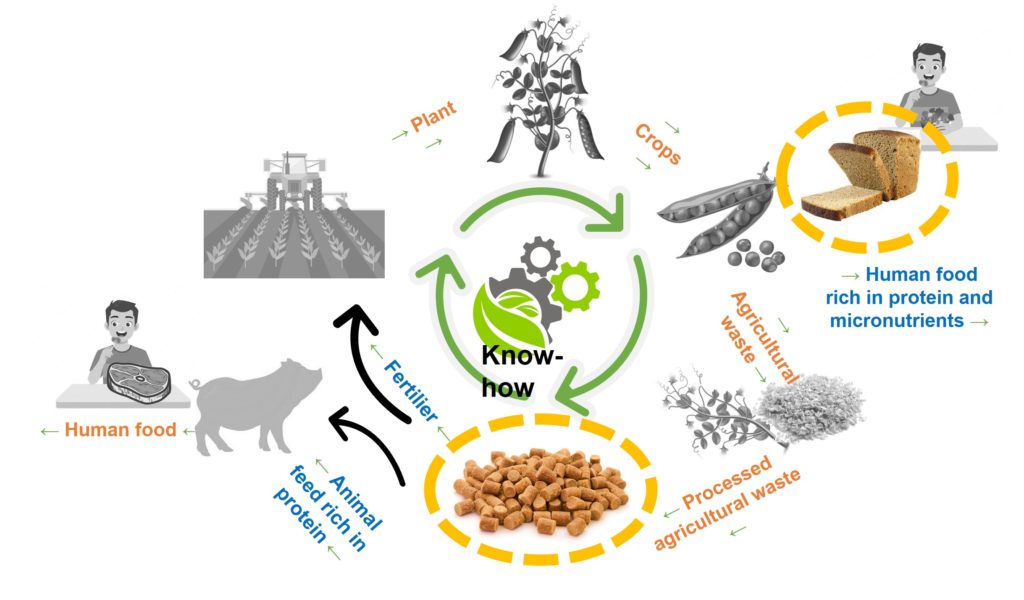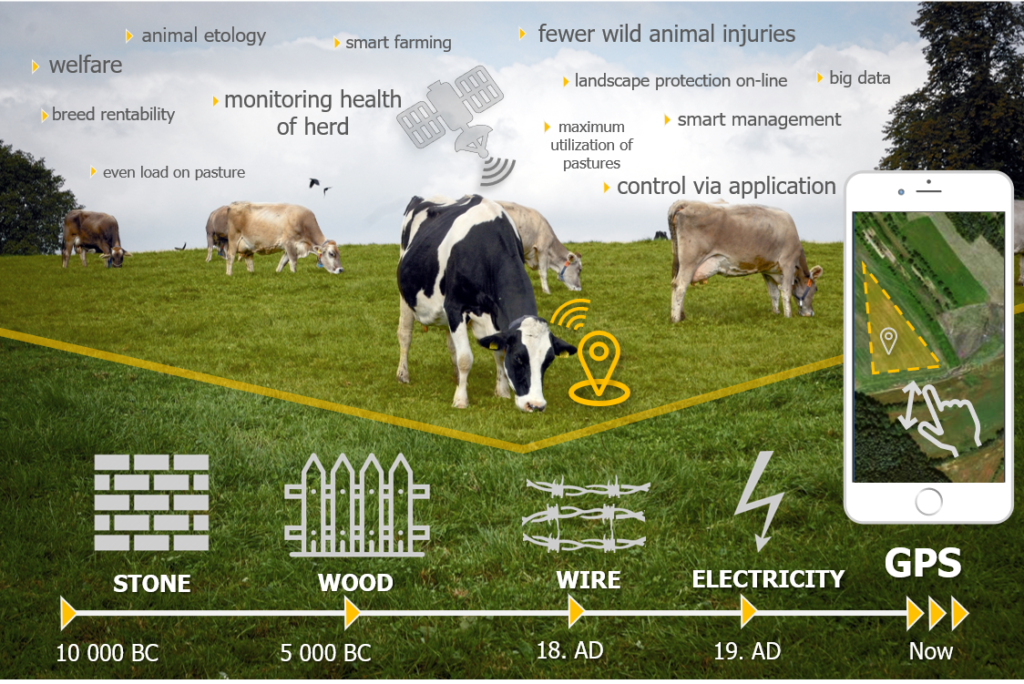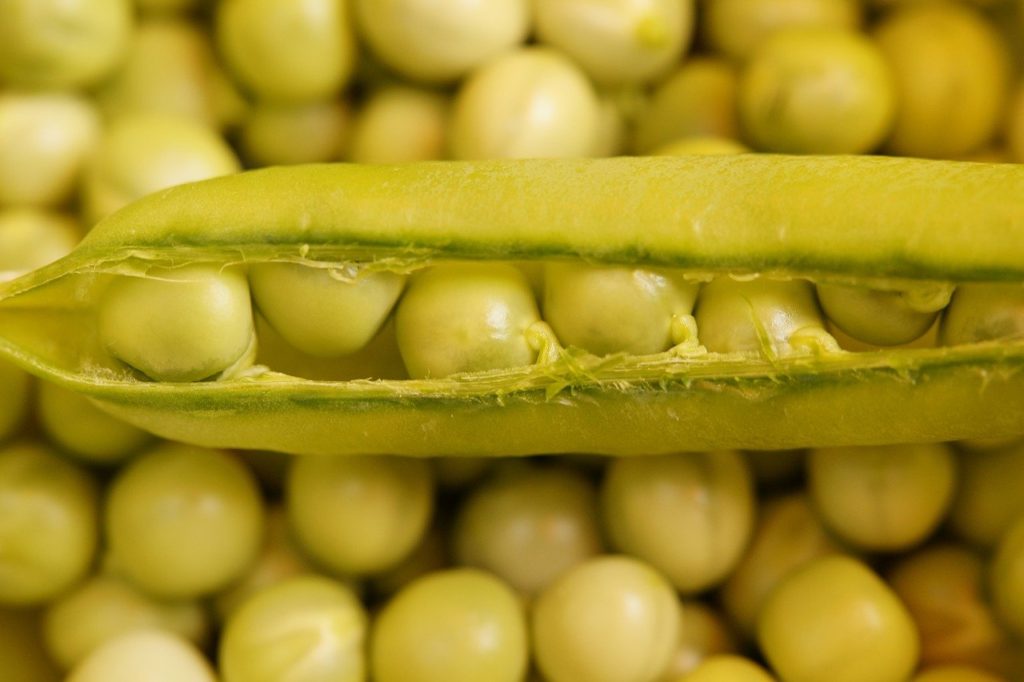Technology of Agency of the Czech Republic has supported our project:
Development of analytical platform for monitoring microplastics circulation in agricultural production
The Technology Agency of the Czech Republic is an organizational unit of the state that was founded in 2009 by the Act No. 130/2002 Coll. on the support of research, experimental development and innovation. The Technology Agency of the Czech Republic simplifies the state support of applied research and experimental development which has been fragmented and implemented by many bodies before the reform.
Mendel University in Brno and Institute of scientific Instruments (Czech Academy of Sciences) obtained a new grant from TACR (FW06020224). The main investigator of the project is Pavel Horky.
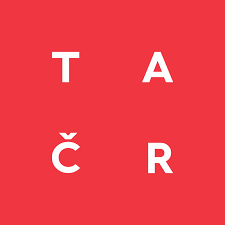
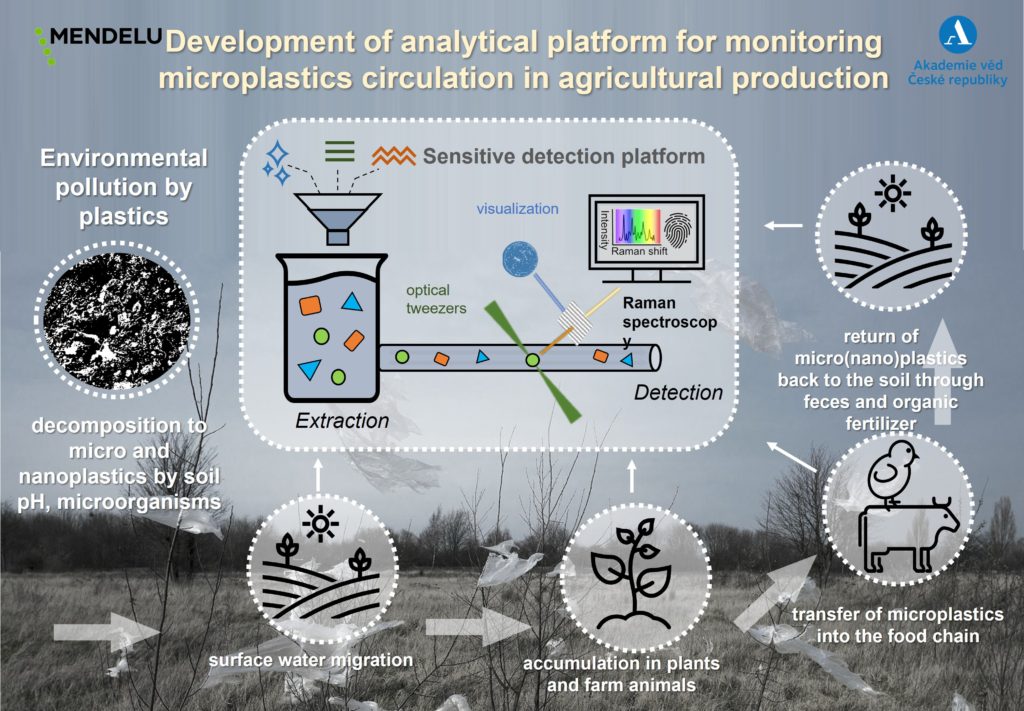
Aim of the project is development of unique detection platform for micro(nano)plastics in agricultural comodities. First phase will be focused on the development of microfluidic chip. In the second phase, broilers will be fed by micro- and nano- plastics. Bioaccumulation and excrection of micro(nano)plastics will be analyzed. The third phase will include application of micro(nano)plastics to soil. Crops growed in the contaminated soil will be analysed to the occurence of micro(nano)plastics. In the final phase, monitoring of micro(nano)plastics will be carried out on selected farms in CZE. The project will bring completely ground-breaking possibilities for the evaluation of micro(nano)plastics in agriculture, which represents the main entry gate of these substances into the food chain.
